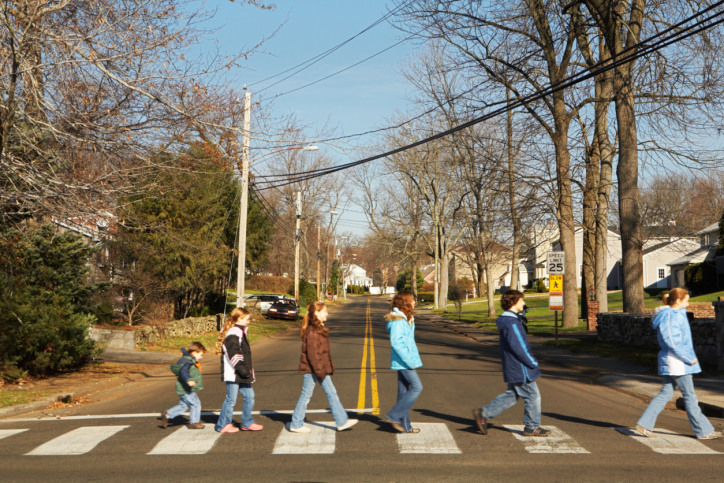4 Websites to Help You Evaluate the Safety of Your Future Neighborhood
 When you’re just moving into a neighborhood, it can be hard to know exactly what you’re getting into. Certainly, you can see the sights for yourself and read about your new community online, but there are still things that may not be readily available. If you’re looking for the cold, hard facts on the safety of your neighborhood, look no further than the following websites for the things you’ll want to know.
When you’re just moving into a neighborhood, it can be hard to know exactly what you’re getting into. Certainly, you can see the sights for yourself and read about your new community online, but there are still things that may not be readily available. If you’re looking for the cold, hard facts on the safety of your neighborhood, look no further than the following websites for the things you’ll want to know.
Situation Alerts on SpotCrime
By simply typing your street address in at SpotCrime, you will get an instant report of all the criminal goings-on in your community from arson to assault. While SpotCrime is free and enables you to register so you can be alerted to situations in your community, you also have the ability to anonymously offer up information that will help others.
Crime Rates On Neighborhood Scout
A website that will give you information regarding the crime rate in a certain community, Neighborhood Scout offers much of its information free of charge to users to scope out future communities for their own interest. In addition to the per capita crime rate, you can also get a host of information about other communities around the country with similar crime profiles to your own.
Registered Offenders on Family Watchdog
The tranquility of a neighborhood is something that can be easily taken for granted, but Family Watchdog enables you to be aware of what might be going on under the surface. Committed to determining the location of registered sex offenders, this website will easily inform you if there are any offenders in or near your community so you can evaluate the safety of you and your family accordingly.
Situation Updates on CrimeReports
Along with SpotCrime, CrimeReports is another website that enables you to type in your address to instantly pull up a host of information regarding recent crime that’s occurred in your next neighborhood. Much like SpotCrime, it provides you with an easy to read map of crimes that have occurred and you have the option of signing up for alerts that will inform you of recent situations in your community.
There may be a lot of information about your neighborhood online, but the websites listed above can help you with the details on things that may not be commonly reported.

 There are a lot of things that go into the successful sale of your home, but many people are unfamiliar with the intricacies of the contract. Whether you consult with your real estate agent or plan on diving in on your own, it’s important to be clear on the terms. If you’re wondering what you can expect when it comes to the contract, here are some pointers on what to watch out for.
There are a lot of things that go into the successful sale of your home, but many people are unfamiliar with the intricacies of the contract. Whether you consult with your real estate agent or plan on diving in on your own, it’s important to be clear on the terms. If you’re wondering what you can expect when it comes to the contract, here are some pointers on what to watch out for. An open house is one of the best opportunities a potential homeowner will have to take stock of a home and determine if it will work for them. However, it can also be a good opportunity to discover some glaring red flags that might make it a less worthwhile investment. If you’re currently perusing the open houses in your neighborhood, here’s some things you should make sure to watch out for.
An open house is one of the best opportunities a potential homeowner will have to take stock of a home and determine if it will work for them. However, it can also be a good opportunity to discover some glaring red flags that might make it a less worthwhile investment. If you’re currently perusing the open houses in your neighborhood, here’s some things you should make sure to watch out for.